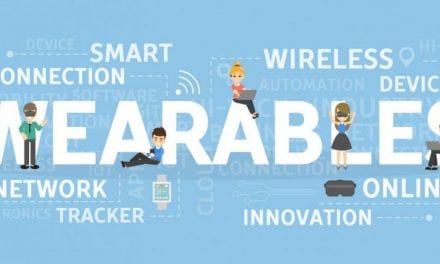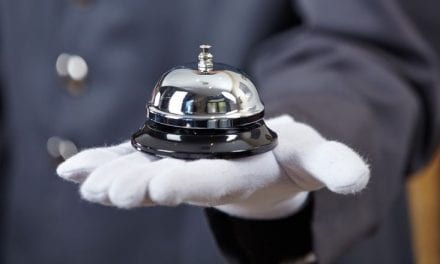We do not remember the days, we remember the moments.
By Steve Moran
I want to start with a quick story about my mom. About a year ago I was sitting with her and . . . it was the funniest thing . . . she started talking about when telemarketers used to call and how she would harass them. My mom is 84 years old, and my wife, my kids and I were just rolling on the floor laughing because it was so funny. We had never seen that side of her before. In fact, I realized I’d never heard the story at all. It makes me realize what a cool thing it is to try to capture some of the things that make us who we are and preserve them in some way for our loved ones and for others to share.
The Importance of Stories
Several weeks ago I had a conversation with Beth Sanders, the founder and CEO of LifeBio. Beth is committed to the idea that senior living communities and their residents can benefit from doing a better job of capturing resident stories. Here is why they are so important:
-
It provides purpose and meaning for residents. We all love to tell stories about ourselves and our lives. The stories and lessons learned from life are the most enduring thing any resident has to share.
-
Stories deepen family relationships.
-
Capturing resident stories helps senior living communities do a better job of serving their residents. They know better how to serve them and they will deepen the relationship between caregivers and residents.
-
After an elder passes, their stories become an enduring legacy for children, grandchildren and future generations.
Beth said this:
“We help people say what matters most to the people they love. . . .
“We’re helping people review their lives and reminisce, while giving them a chance to record for themselves, their families and their living communities what really matters to them.”
How It Works — The Process
While some story gathering is always done during the move-in process, it mostly tends to be the barebones stuff that it takes to get the resident settled into their apartment. Additional storytelling make take place over time, but it can be pretty haphazard. What LifeBio does is provide a structured format or framework for capturing resident stories, digesting them and reproducing them in a way that is helpful to the community and meaningful to residents and family members.
LifeBio provides questionnaires that are used to capture information about a resident. Most of the time this is done within a few days of a resident moving in; however, because of the depth of questionnaires, they can be used on an on-going basis. The way it usually works is that a staff member sits with a resident and does an “about me” LifeBio questionnaire. When the questionnaire is completed it is sent back to LifeBio, where Beth’s team turns the responses into powerful narrative stories about the resident. Those story documents can come back to staff and family in a variety of formats.
“We Already Do That” . . . Not Quite
You might be thinking . . . “Yeah we already do that,” but what LifeBio does is two things:
-
It makes the process much easier
-
The information captured is turned into a formatted document that lives on paper and online that can be accessed by staff, family and friends (access is carefully controlled to make sure just the right people can see the right information).
Stories and Senior Living
I pushed Beth pretty hard on why this is so important to senior living communities. She responded by saying, “We help them deliver on a brand promise, which is to provide highly personalized care. In other words, we are going to know your mom or dad and we’re going to take care of them,” says Beth. “Because, frankly, you can’t love people you don’t know very well,” she adds. This seems particularly apropos for memory care providers, as it gives the care staff a connection point to a deeper understanding of the person as a whole and why he or she may be acting a certain way.
Good for Resident Health
Beth cited a study of 300,000 people, conducted by Holt-Lunstad back in 2010, that apparently found that loneliness and social isolation is equivalent to smoking 15 cigarettes a day! What an ongoing LifeBio program does is to address issues of emotional, spiritual, and social health. Happiness, to the extent it can be measured, and satisfaction with life decreases depression, loneliness, and social isolation, which, if you connect the dots, could lead to a longer life.
It’s LifeBio, not DeathBio
As Beth sees it, LifeBio is as much about the future as it is about the past. “People who are 80 today may well live to be 100,” says Beth. “What are they going to do over the next 20 years in their senior communities? That’s where LifeBio’s future is. After all, it’s not called DeathBio, is it?” It gives many seniors an answer to the question, “What am I living for?” She’s quick to respond, “You are living because you are amazing. You’re unique. Nobody else can tell your story but you. To watch people change like that when they go through this process, it is life changing.”
You can listen to our entire conversation here:








